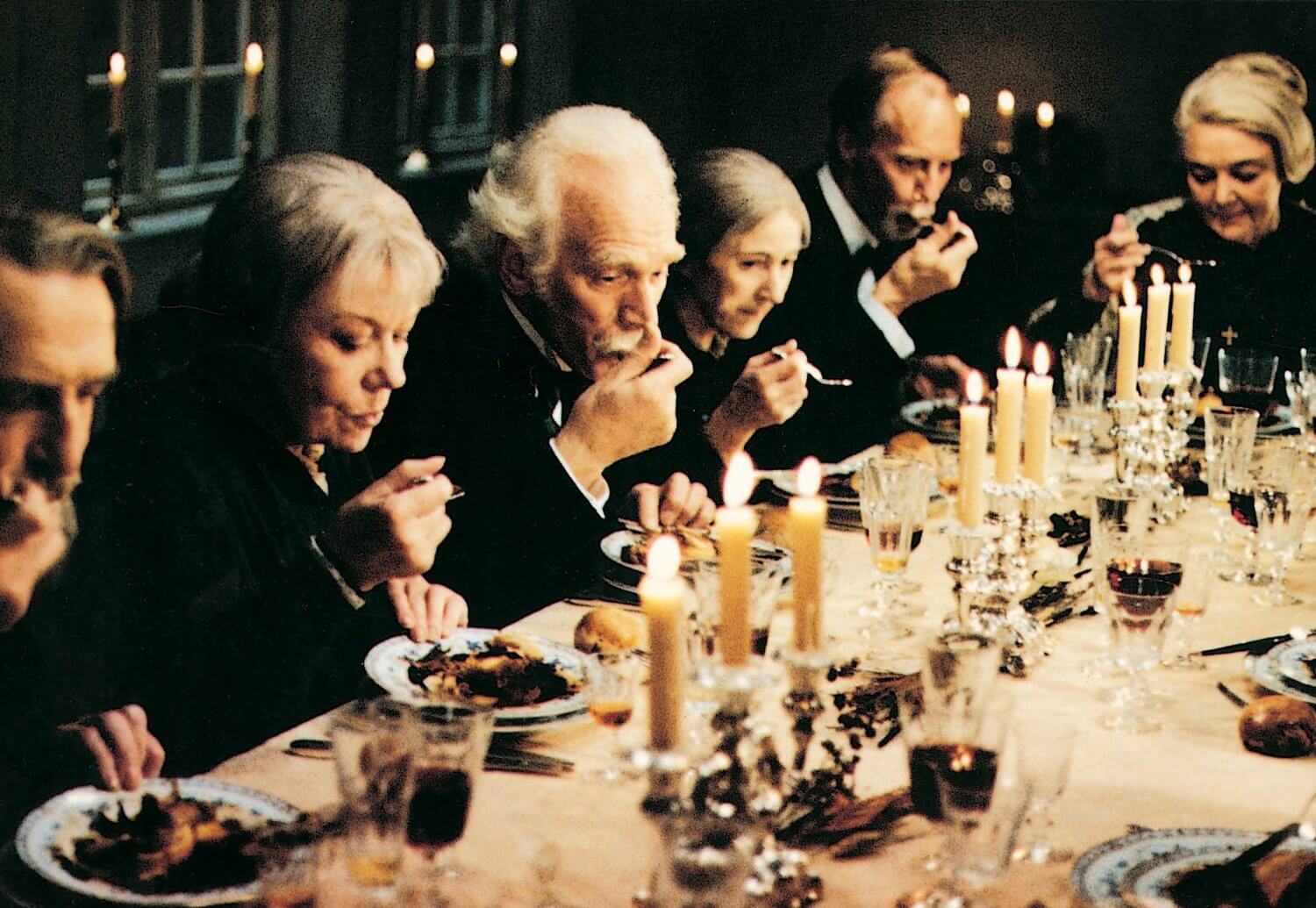Babette: Reading Notes, Chapters I Through VII

1. Babette cooks at the Cafe Anglais; “Anglais” is a play on word and sound, for the literal value of the word is “Englishman,” but the true meaning of the word is its aural cousin “angels.” Babette is a chef who feeds angels, and what is the food of angels? It is wisdom.
2. Before escaping Paris, Babette was arrested for being a “Petroleuse,” a woman “who set fire to houses with petroleum.” Babette will continue this work in Norway; she will set Martine and Phillipa’s house on fire with beauty. Babette is the Spirit who arrives in the form of fire.
3. Martine and Phillipa are not Protestants at all, but Catholic nuns. They wear black, they are chaste, they believe “luxurious fare was sinful,” they live in the middle of nowhere. They are not much like Lutherans, really. Denisen is not skeptical of their fasting and asceticism; it is their salvation.
4. Babette is consistently described as dark or in terms of darkness; the sisters even directly note the “dark saying” with which she returns from France on her food-purchasing expedition. A “dark saying” is a riddle or a Proverb. Babette is Solomon. Somewhere Gregory of Nyssa notes that God first reveals Himself in light (to Moses, in a burning bush, let us say)… but the deepest wisdom of God is revealed in darkness, in negation… the “unknown God.”
5. The name Babette means, in Greek, “baby.” It is tempting to read Babette as “the Christ child”, but the better interpretation is that she is the baby of Martine and Phillipa’s daughter— a miraculous child given that both Martine and Phillipa are chaste, like nuns. This corresponds to the broader theme of Babette’s Feast, which is the interpenetration of a life of sumptuous feasting and a life of ascetic fasting. Denisen is at pains to show there is little difference between the two when done properly. Of Babette, Denisen writes “She had appeared to be a beggar; she turned out to be a conqueror.”
6. When Babette announces that the wines have come, she remarks that one is “a Clos Vougeot” and the sisters “never suspected that wines could have names.” But the food which Babette gives is not merely personal, but a Person. “I am the Truth…” “Unless you drink my blood…”

Joshua Gibbs
Joshua Gibbs teaches online classes at GibbsClassical.com. He is the author of How To Be Unlucky, Something They Will Not Forget, and Blasphemers. His wife is generous and his children are funny.










